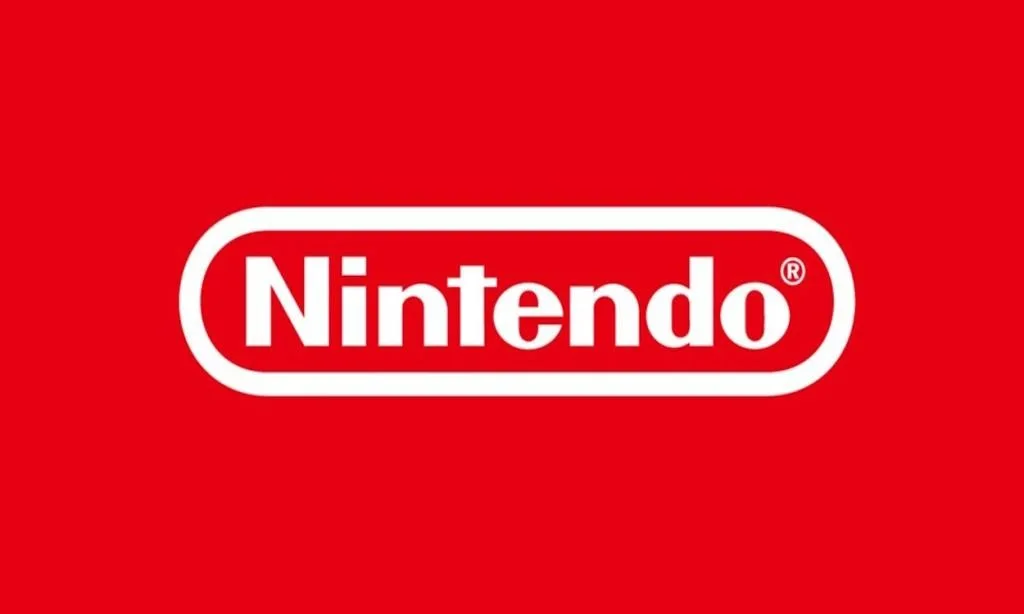
It’s well-known that Nintendo is quite protective of its brands and intellectual properties, and it appears that the creators of Yuzu are now experiencing this firsthand. In a surprising move, the Japanese console maker and game developer has sued the creators of the popular Yuzu emulator for the Nintendo Switch. For those unfamiliar, Yuzu is an open-source emulator that allows Nintendo Switch games to be played on platforms like PC. Naturally, Nintendo took issue with this.
On Monday, Nintendo filed a 41-page lawsuit against Tropic Haze, the company behind Yuzu, in a Rhode Island court. The lawsuit was first noticed by Stephen Totilo of Game File, who shared the news on his X account (formerly Twitter). According to the lawsuit, Nintendo argues that Yuzu circumvents the security measures in place for the console, leading to the unauthorized playing of game copies on PCs and Android devices, thereby facilitating piracy.
Nintendo specifically cites damages related to the release of The Legend of Zelda: Tears of the Kingdom. According to the company, a copy of the game file leaked online a week before its official launch, leading many to download the emulator to play the leaked version.
Moreover, Nintendo alleges that Yuzu experienced substantial growth across its Patreon tiers between May 1 and May 15, 2023. This led to the creators earning a minimum of $50,000 from paid Yuzu downloads. Nintendo uses these instances to assert that Yuzu promotes piracy and has demanded the emulator to cease operations. Furthermore, the company is pursuing damages from the emulator.
While Nintendo is known for actively shutting down ROM sites and fan projects, this case is unique. Emulation itself is not illegal and serves a purpose in preservation efforts. However, playing pirated copies of games on emulators crosses into illegal territory, although the ethical implications can be debatable.
In 1999, Sony filed a lawsuit against the Connectix Virtual Game Station, a PlayStation 1 emulator. Surprisingly, the court ruled in favor of the emulator group, contributing to the legal status of emulation today. This MVG video provides a comprehensive overview of the entire history in a concise format.
However, the Connectix vs Sony case occurred in 1999, and attitudes may have shifted since then. It remains uncertain which party the court will side with in this current lawsuit. Share your thoughts on this ongoing saga in the comments section below.



